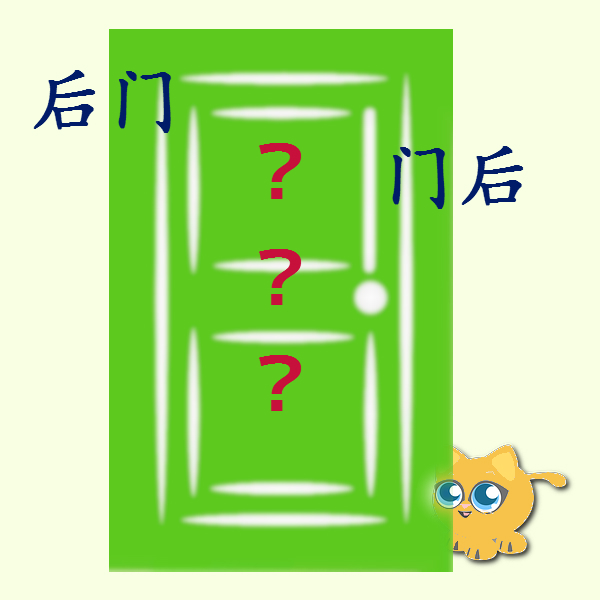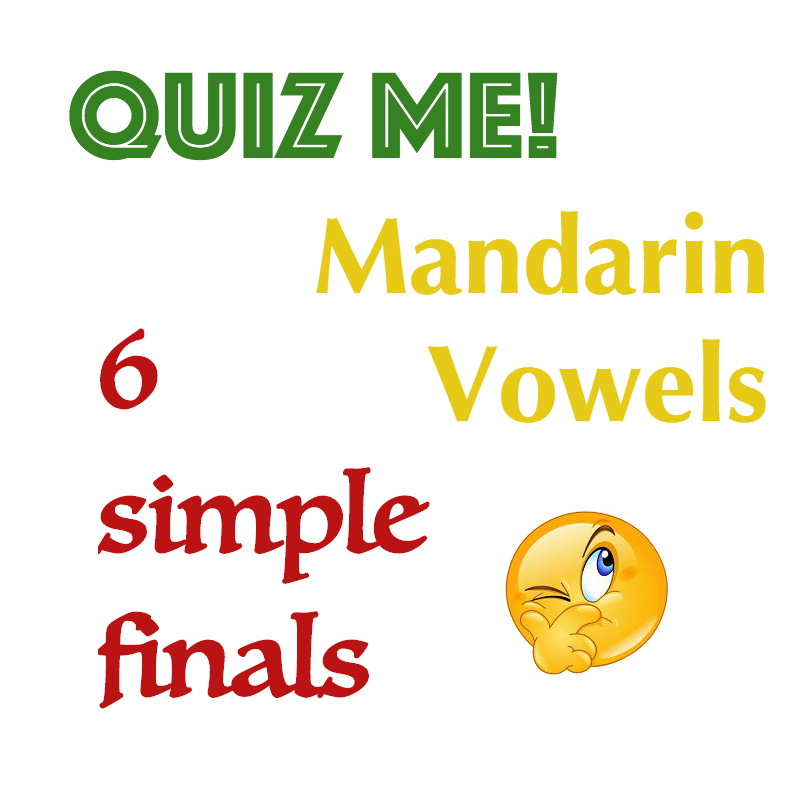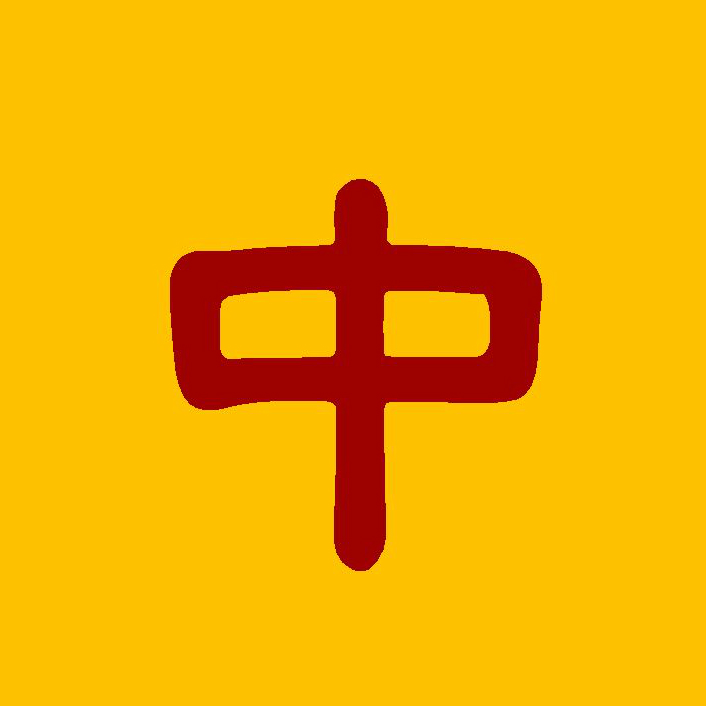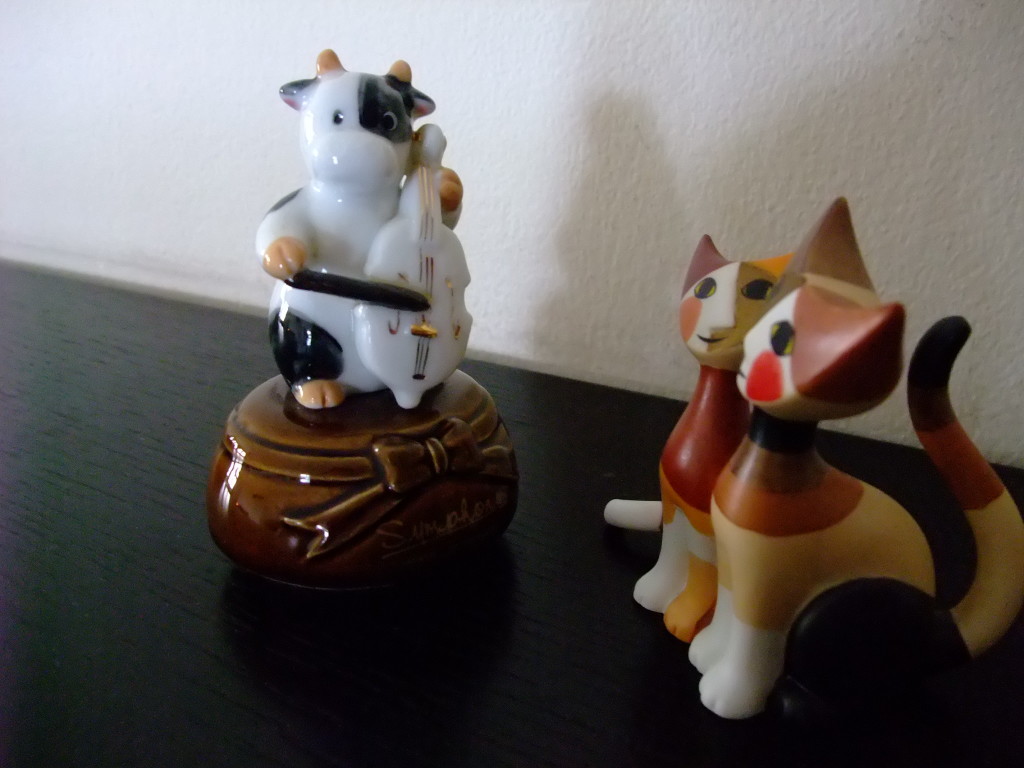白 bái ~ Your Loss If You Don’t Know It!
白云 bái yún, 白马 bái mǎ, 白花 bái huā
These three words all contain 白 bái (white), and one of them is different from the other two. Can you tell which is the one?
白 bái – White, pure, plain. These might be the images that come to mind when we see this word, but it is much more than that. In this article you will find out that this fellow isn’t that plain-looking after all!
Back to the question. 白云 bái yún, 白马 bái mǎ, 白花 bái huā – Which is the different one? The answer is 白花 bái huā. 白云 bái yún and 白马 bái mǎ can only be noun phrases (adjective + noun). So they mean ‘white cloud’ and ‘white horse’ respectively, plain and simple. 白花 bái huā, on the other hand, apart from having the meaning of ‘white flower’, can also mean something else.
You might already know the other meaning of 花 huā – to use, to spend. What about 白 bái? Apart from ‘white’, it has quite a few other meanings. Here we will look at two of them.
The first is ‘in vain’, ‘for nothing’.
This is a really easy and useful expression, so do try to use it. This is the meaning of 白 bái in 白花 bái huā, so 白花 bái huā means spending (money/time/effort) in vain.
Let’s look at some examples.
a)
bái mǎi
白买
白买
to buy in vain
b)
bái zuò
白做
白做
to make or do something in vain
c)
bái xué
白学
白学
to learn in vain
d)
bái shuō
白说
白说
to say in vain
e)
bái pǎo
白跑
白跑
to make a wasted trip
Let’s make a few sentences out of the phrases above.
1)
Tā yòu tīngbudǒng Hànyǔ, nǐ shuō nàme duō yě shì bái shuō.
他又听不懂汉语,你说那么多也是白说。
白说
He doesn’t understand Chinese; there’s no point in saying so much.
2)
Wǒ yīdìng yào zhǎo néng yòngshang Hànyǔ de gōngzuò, wǒ kě bù xiǎng bái xué nàme duō nián.
我一定要找能用上汉语的工作,我可不想白学那么多年。
白学
I must get a job that allows me to use Chinese. I don’t want all the years of learning it to go to waste.
3)
Qù yǐqián nǐ xiān gěi tāmen dǎ ge diànhuà ba, miǎnde bái pǎo yī tàng.
去以前你先给他们打个电话吧,免得白跑一趟。
白跑
Give them a call before you go, so that you don’t make a wasted trip.
4)
Nǐ zěnme pǎo de bǐ tā màn? Zhēnshi bái zhǎng le nàme cháng de tuǐ!
你怎么跑得比他慢?真是白长了那么长的腿!
白长
How could you run slower than him? You’ve got such long legs for nothing!
And let’s not forget to make a sentence for 白花 bái huā.
5)
Tā bù xǐhuan huā de, nǐ gěi tā mǎi huā yě zhǐ shì bái huā qián.
她不喜欢花的,你给她买花也只是白花钱。
白花
She doesn’t like flowers, so buying her flowers will just be a waste of money.
And now here’s a question for you. What is the meaning of the following expression?
f)
bù chī bái bù chī
不吃白不吃
不吃白不吃
First, let’s try to break this apart.
不吃 + 白不吃
不吃 + 白 + 不吃
Now do you think you can guess the meaning? If you don’t eat, you’re not eating in vain. That means, not eating is your own loss. In other words, you should eat! Take a look at this one:
6)
A:
Yī dà zǎo chī nàme duō xíng ma?
一大早吃那么多行吗?
不吃白不吃a
Is it ok to eat so much early in the morning?
B:
Jīntiān yào máng yī zhěng tiān, shénme shíhou yǒu fàn chī hái bù zhīdao ne, xiànzài bù chī bái bù chī.
今天要忙一整天,什么时候有饭吃还不知道呢,现在不吃白不吃。
不吃白不吃b
Gonna be busy the whole day. Not even sure when is the next meal. It’s your loss if you don’t eat now.
This structure
is also a very common expression so I highly recommend that you remember this as well!
The second meaning of 白 bái is ‘for free’.
7)
Jiāli wǒ lái dǎsǎo, wǒ bù huì bái zhù de.
家里我来打扫,我不会白住的。
白住
I’ll take care of cleaning the house. I won’t stay for free.
8)
Nǐ yǐwéi zhèngfǔ huì bái sòng nǐ fángzi? Xiǎngdeměi ne.
你以为政府会白送你房子?想得美呢。
白送
Do you think the government would give you a house for free? Wishful thinking!
9)
Nǐ jiù zhème gěi tā bái gàn le yī xīngqī a?
你就这么给他白干了一星期啊?
白干
And you worked for him for free for one week?
Are you wondering if it might be difficult to decide whether a 白 bái phrase could mean ‘in vain, for nothing’ or ‘for free’? In fact if you think about the English phrase ‘for nothing’, it also means both ‘in vain’ and ‘for free’. Both ‘in vain’ and ‘for free’ have the common denotation of being ‘void’. So indeed, this 白 bái phrase on its own could often mean both. Your only key often is context, which fortunately, is usually quite clear.
Take for example e.g. 9 白干 bái gàn. Apart from ‘to work for free’, it could also mean ‘to work in vain’. Let’s look at the following sentence.
10)
Lǎobǎn dàizhe qián táopǎo le, yī zhěng ge yuè dōu bái gàn le.
老板带着钱逃跑了,一整个月都白干了。
白干
The boss ran way with the money. One whole month of labour went to waste.
And now let’s listen to a short conversation and try to answer the questions that follow. (Slow recording, translation & answer key below.)
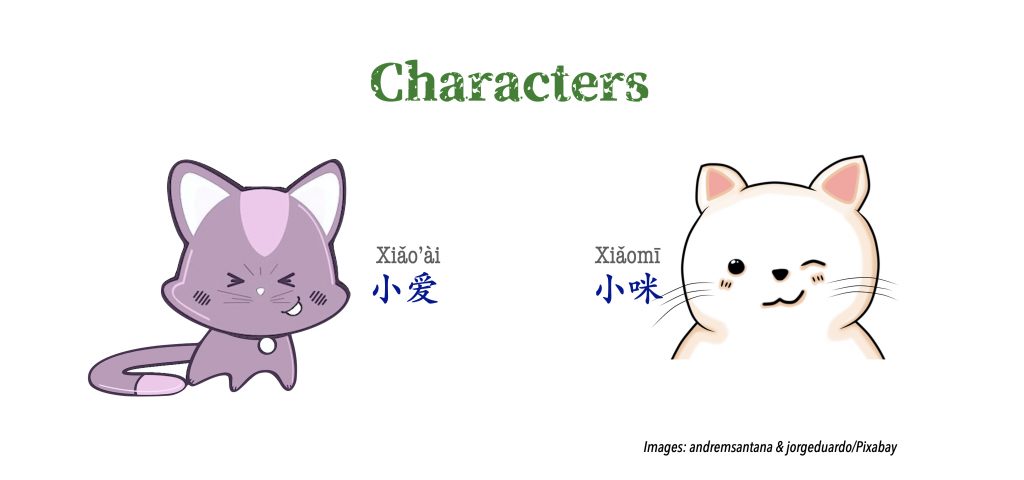
Xiǎo’ài: Zhè kělè shì bái gěi de, nǐ yě ná ba.
小爱:这可乐是白给的,你也拿吧。
白回话小爱1
Xiǎomī: Bái gěi de jiù yào ná ma?
小咪:白给的就要拿吗?
白回话小咪1
Xiǎo’ài: Dāngrán, bù ná bái bù ná.
小爱:当然,不拿白不拿。
白回话小爱2
Xiǎomī: Wǒ yòu bù hē, ná le yě bái ná.
小咪:我又不喝,拿了也白拿。
白回话小咪2
Xiǎo’ài: Nǐ zhēn shǎ, nà jiù hē ya, bái sòng de, bù hē bái bù hē.
小爱:你真傻,那就喝呀,白送的,不喝白不喝。
白会话小爱3
Xiǎomī: Nǐ cái shǎ, bái sòng de jiù hē!
小咪:你才傻,白送的就喝!
白回话小咪3
Questions
Are the following statements true or false?
1)
Xiǎo’ài juéde yīnggāi ná kělè.
小爱觉得应该拿可乐。
白回话qn1
Xiǎo’ài thinks that they should take the coke.
2)
Xiǎomī xǐhuan kělè.
小咪喜欢可乐。
白回话qn2
Xiǎomī likes coke.
3)
Kělè bù yòng qián, suǒyǐ Xiǎomī yě hē le.
可乐不用钱,所以小咪也喝了。
白回话qn3
The coke is free, so Xiǎomī drank it too.
4)
Xiǎo’ài bái shuō le hěn duō.
小爱白说了很多。
白回话qn4
Xiǎo’ài said a lot for nothing.
So do you like this expression 白 bái? Do try to use it. It makes your conversation a lot more fun. Remember,
bù yòng bái bù yòng
不用白不用
不用白不用
your loss if you don’t use it!
Well actually, there’s another painful truth. If you don’t use it, this video would be
bái zuò le!
白做了!
白做了
made in vain!
So please use it!
If you’ve enjoyed this, don’t forget to share, and do join me on Facebook, YouTube, Twitter, Pinterest!







